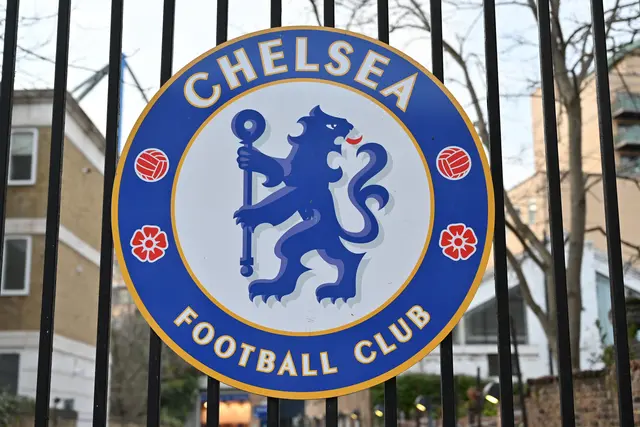The writing had been on the wall for some time.
Russian billionaire Roman Abramovich was no longer living in the UK and only last week, he had announced his intention to sell his principal asset, Chelsea Football Club, and donate the proceeds to all the victims of the war in Ukraine.
Now, as far as we know, he will not be the one selling it because Chelsea Football Club – one of the most successful teams in world football – is a frozen asset.
The British Treasury's Office of Financial Sanctions Implementation (OFSI) placed sanctions on seven more Russian oligarchs it announced on Thursday and Abramovich is by far the most high profile.
UK Officials say he has kept up close ties with the Kremlin through the decades and personally benefitted from the relationship, despite repeated denials from the man himself.
In its announcement, the OFSI also said a major steel company listed on the London Stock Exchange called Evraz, that Abramovich has a 30 percent share in, had received years of beneficial treatment from the Russian state. Steel is a vital component in exactly the kind of Russian military hardware that is currently pounding Ukraine.
"There can be no safe haven for those who have supported Putin's vicious assault on Ukraine," said UK Prime Minister Boris Johnson in conjunction with his government's latest move to isolate the Russian elite. "Oligarchs … have no place in our economy or society," added Foreign Secretary Lizz Truss.
That has not always been the case. Indeed, it marks a very significant shift in Britain's approach.
London has been accused for years of being too open to pro-Putin oligarchs bringing their money here.
Even after Vladimir Putin's invasion of Ukraine in late February, the government did not immediately sanction many of them. There were legal reasons for that it claimed, specifically that current legislation made finding out exactly who owned which assets difficult.
So this week, a new Economic Crime Bill was rushed through Parliament that will give officials more powers to uncover that information.
That could be more relevant to some of the others on the list, of course. Because everyone knows what Abramovich's main asset is: Chelsea Football Club.
Back in 2003, he might have been forgiven for assuming investing in such a high-profile brand would be an advantageous investment. And for many years, it was. That is clearly no longer the case.
Where does this move leave Chelsea?
It put out a statement on Thursday confirming it had been granted a special license to continue operating, which will allow it to play its fixture against fellow Premier League side Norwich on Thursday night.
That the statement failed to mention any broader assurances about the rest of the season or the future of the club, is perhaps telling in itself about how worried its hierarchy must be.
That said, its special license will be kept "under constant review", ministers are also understood to be insisting the damage to the club will be limited.
Nonetheless, new ticket sales have been halted, meaning only those who already have season tickets will be able to attend matches. Neither can the club now buy new players.
That leaves the future of one of the most successful football clubs in the world, hanging in the balance.
(CGTN)
 简体中文
简体中文

